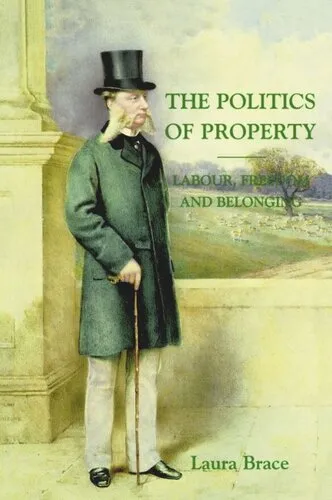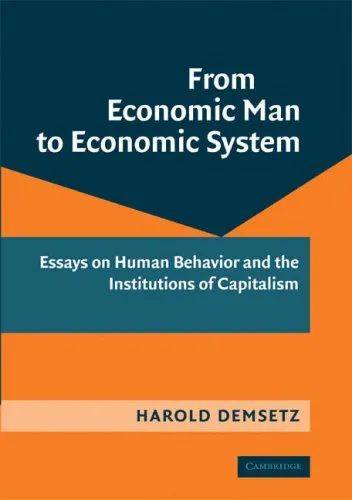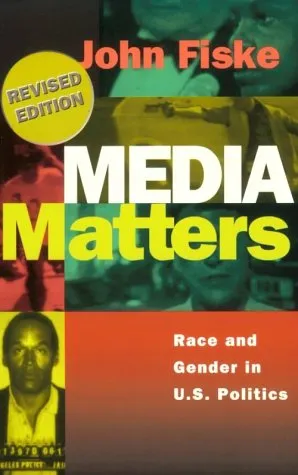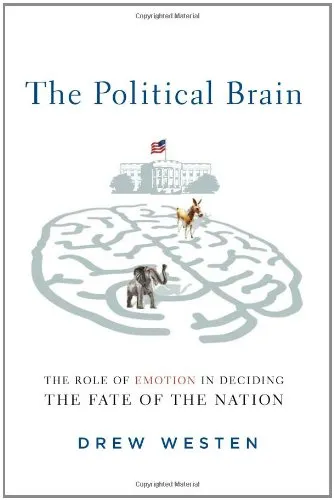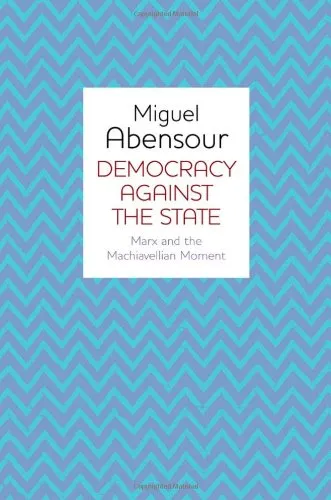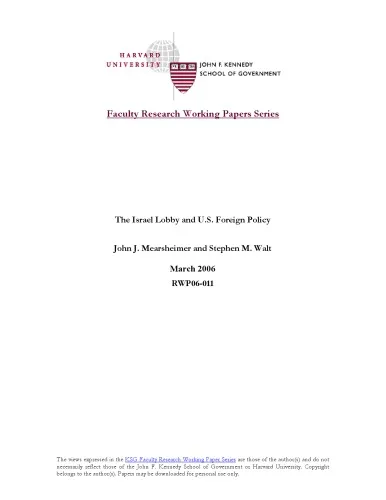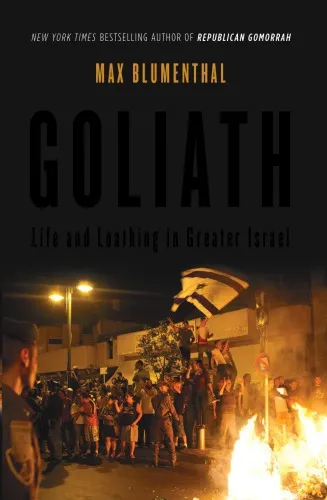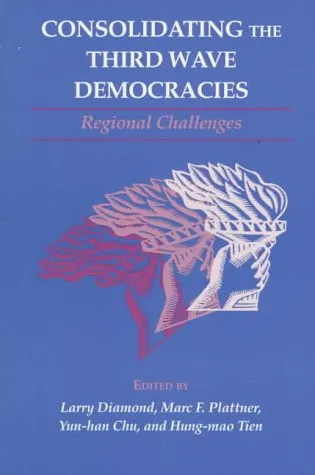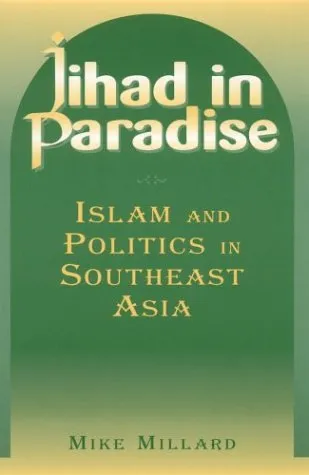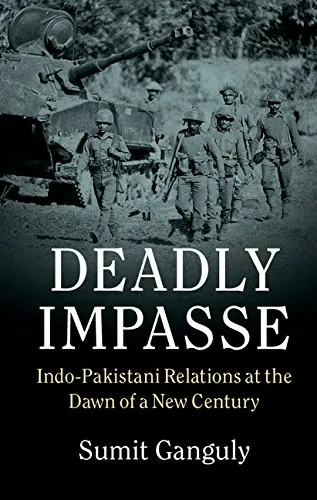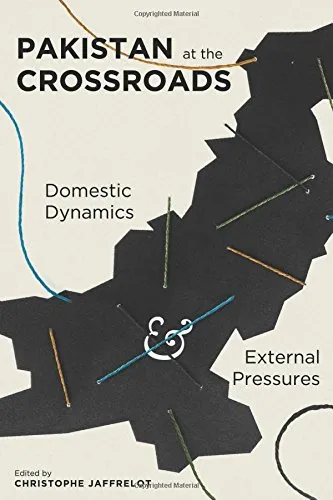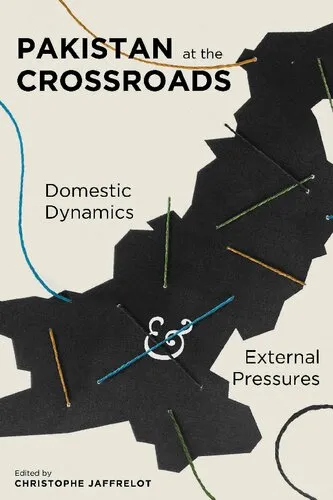The Politics of Property: Labour, Freedom and Belonging
4.0
Reviews from our users

You Can Ask your questions from this book's AI after Login
Each download or ask from book AI costs 2 points. To earn more free points, please visit the Points Guide Page and complete some valuable actions.Related Refrences:
Welcome to an exploration of the intricate intersections between property, labour, freedom, and belonging in The Politics of Property: Labour, Freedom and Belonging. This book delves into the deep socio-political structures that govern our understanding of property and ownership while interrogating the historical and philosophical assumptions that underpin these concepts. Written by Laura Brace, this compelling work seeks to uncover the narratives of power and exclusion tied to property, highlighting how these ideas shape identities and influence the dynamics of freedom and community.
Detailed Summary of the Book
The heart of The Politics of Property centers on the ways in which property is not merely a relationship between individuals and objects but also a construct deeply embedded in political and cultural discourses about labour, autonomy, and power. Laura Brace interrogates the traditional Western philosophies of property, drawing on the works of John Locke, Jean-Jacques Rousseau, and other classical theorists, to reveal how the concept has been intimately tied to notions of freedom and belonging.
Brace examines property as both a material and symbolic foundation for the organization of society. The book critically highlights how property entails both inclusion and exclusion—it defines who belongs and who does not, who is entitled to freedom and who is subordinated. Special emphasis is placed on the historical imbalances created by property systems, particularly within the context of colonialism, slavery, and dispossession. As she traces these dynamics, Brace exposes the ways in which systemic injustices have been perpetuated under the guise of rights and ownership.
Furthermore, the text delves into the political implications of property in modern times, unpacking how neoliberal ideologies and capitalist frameworks reproduce inequalities. By interrogating the relationship between labour and property, the book reveals the continued marginalization of individuals and communities through economic, racial, and gendered lenses. It is not merely a critique but also a call to rethink and reimagine the values of freedom and belonging in a world shaped by entrenched property regimes.
Key Takeaways
- Property as Power: Property is not just an economic right but a political force that determines inclusion, exclusion, and power dynamics across societies.
- Labour and Marginalization: Histories of labour tied to servitude, slavery, and capitalism reveal enduring inequalities in how property rights are distributed.
- Freedom and Belonging: The identities and freedoms of individuals are shaped by the constructs of property, which often link belonging to ownership.
- Reclaiming Property: The need for alternative frameworks challenges the existing inequities, urging a move towards more equitable systems of resource sharing and communal belonging.
Famous Quotes from the Book
"Property is far more than material possession. It is the construction of power, a dynamic that determines who is free and who is excluded."
"To speak of property is to speak of belonging, but also of what it means to be denied a place in the community to which one aspires."
"Labour and freedom are intertwined, yet the history of property is a history of marginalization, where those who toil are too often denied their due."
Why This Book Matters
Amidst global inequalities and debates about social justice, The Politics of Property offers a timely and necessary intervention. By interrogating the logics of property and ownership, the book challenges readers to reflect on the power structures that govern resource allocation, freedom, and belonging. It emphasizes the urgent need to address historical injustices built into property systems, paving the way for a world that values collective well-being over individual accumulation.
For anyone interested in political philosophy, economic justice, or transformative social change, Laura Brace provides a thought-provoking analysis that combines historical depth with contemporary relevance. This book matters because it moves beyond critique to inspire hope for more inclusive definitions of freedom, labour, and belonging in the twenty-first century.
Free Direct Download
You Can Download this book after Login
Accessing books through legal platforms and public libraries not only supports the rights of authors and publishers but also contributes to the sustainability of reading culture. Before downloading, please take a moment to consider these options.
Find this book on other platforms:
WorldCat helps you find books in libraries worldwide.
See ratings, reviews, and discussions on Goodreads.
Find and buy rare or used books on AbeBooks.
1420
بازدید4.0
امتیاز0
نظر98%
رضایتReviews:
4.0
Based on 0 users review
Questions & Answers
Ask questions about this book or help others by answering
No questions yet. Be the first to ask!
